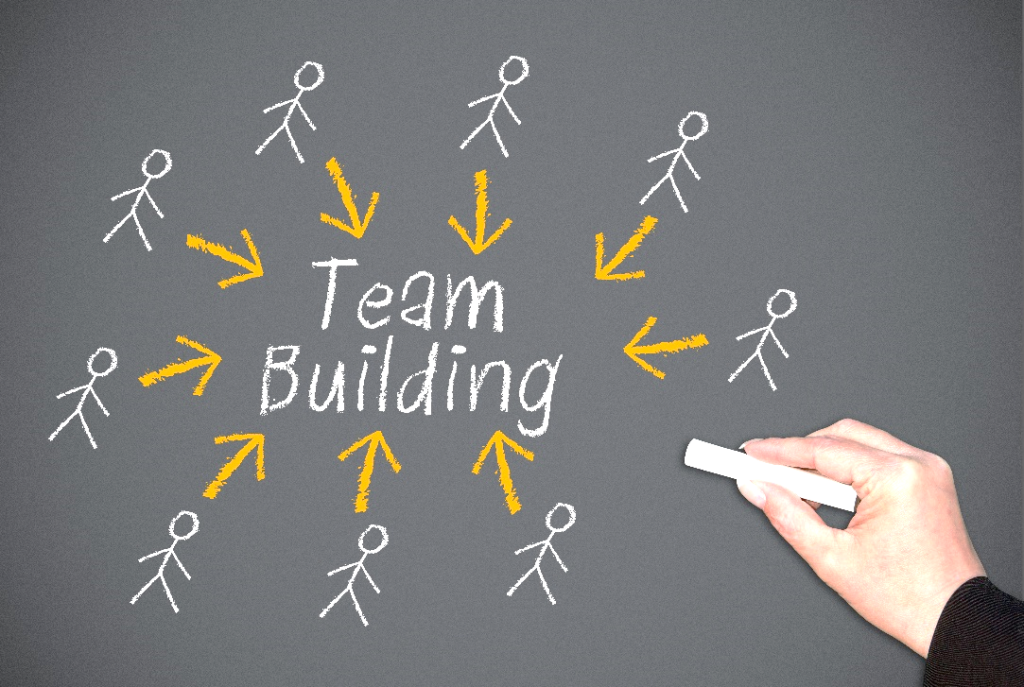Escape rooms have rapidly transformed from a trending entertainment avenue into powerful instruments for building robust teams. These immersive experiences compel individuals to amalgamate their cognitive and collaborative prowess to conquer captivating puzzles. Understanding the allure and instructional potential of topics can unravel strategies that fortify communication, augment problem-solving skills, and crystallize leadership abilities in a professional environment.
Table of Contents:
- Key Takeaways
- Understanding Escape Rooms: An Overview
- The Role of Collaboration in Escape Rooms
- Escape Rooms and Leadership Skills
- Creative Thinking in Constrained Environments
- Embracing Individual Strengths for Team Success
- Integrating Escape Room Strategies into Workplace Practices
Key Takeaways:
- Escape rooms bolster team collaboration and fine-tune communication.
- Leadership skills organically develop in the challenging ambiance of escape rooms.
- Constrained environments in escape rooms promote innovative and creative thinking.
- Individual strengths and collective success are magnified in escape room activities.
- Skills cultivated during escape room exercises are transferrable to workplace scenarios, enhancing productivity.
Understanding Escape Rooms: An Overview
The essence of an escape room lies in its locked-door narrative, a place where participants are submerged in a story-driven mission, collaborating to solve mysteries, disentangle puzzles, and execute tasks, all against a backdrop of counting minutes. These escape rooms near me are meticulously designed to present thematic escapades ranging from horror to high-stakes heist scenarios, thus offering an imaginatively stimulating alternative to traditional team-building exercises.
The Role of Collaboration in Escape Rooms
If there’s one crucible that tests the collaborative spirit of a group, it is the escape room. The sense of urgency and complex puzzles necessitate a collective effort, where the strengths of each individual are paired with effective team strategy. The harmony of diverse skills and perspectives becomes the keystone of success. Such orchestrated teamwork within the confinement of an escape room provides a dynamic reflection on a professional team’s performance, spotlighting the areas that necessitate improvement for operational success in business.
Escape Rooms and Leadership Skills
Escape rooms serve as an unconventional breeding ground for leadership talents. As the clock ticks away, certain individuals naturally rise to the challenge, taking up the mantle of leaders to guide their team through the maze of riddles. In these moments, dormant leadership qualities may emerge, often surprising even the individuals themselves. This nurturance and propagation of leadership in a low-risk, high-engagement setting are invaluable, providing fertile ground for growing leaders brimming with potential to sharpen their skills before taking their acumen back to the workplace.
Creative Thinking in Constrained Environments
Under the duress of a countdown and within the confines of a themed room, escape rooms compel participants to unearth creative reservoirs to advance through the game. This emergent creativity is often spontaneous, necessitating innovative thinking, which is paramount in finding solutions to ambiguously defined problems—much like those encountered in professional challenges. Developing the flexibility to entertain unconventional solutions is critical for navigating the ever-evolving landscape of modern business dilemmas.
Embracing Individual Strengths for Team Success
A core tenet of escape room design is its reliance on diverse capabilities. Each game is a puzzle that can only be completed with various talents. This mirrors the multidisciplinary approach required for successful project execution in work environments, where individuals are encouraged to bring their unique expertise. In this light, escape rooms act as catalysts for recognizing and appreciating each team member’s specialized skills, enhancing the collective efficacy of a group and underscoring the value of every contribution.
Integrating Escape Room Strategies into Workplace Practices
Escape room dynamics, emphasizing real-time problem-solving and teamwork, parallel many scenarios faced within professional contexts. The fusion of skills, quick thinking, and mutual trust developed within escape room walls can translate into a cohesive, driven, and responsive workforce capable of tackling complex workplace challenges. Incorporating escape room-inspired exercises into training programs or team-building initiatives can reinvigorate a team’s task approach, fostering an office culture that celebrates creativity, collaboration, and a spirited can-do attitude.
 Entrepreneur Resources Your source for small business information
Entrepreneur Resources Your source for small business information





